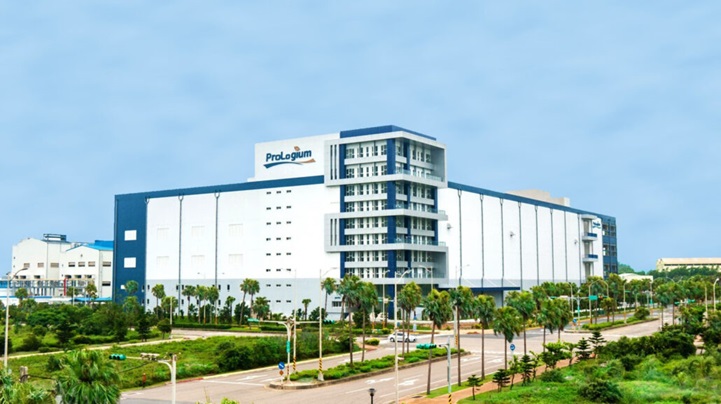In a historic moment for the electric vehicle (EV) industry, ProLogium, in partnership with Mercedes-Benz, has unveiled the world’s first Gigafactory dedicated to mass solid-state battery production in Taiwan. This cutting-edge facility is set to revolutionize the EV market, providing batteries with a 75kWh average capacity, enough to power 26,000 electric cars annually when it reaches its planned 2GWh output.
During the inauguration ceremony, attended by representatives from Mercedes-Benz and French officials overseeing the construction of a larger, $6 billion solid-state battery factory in Dunkirk, ProLogium showcased its breakthrough 106Ah solid-state lithium ceramic cells. ProLogium’s CEO emphasized that their unique manufacturing method has overcome traditional battery limitations, offering superior performance, cost efficiency, and resource circulation.
ProLogium’s innovation comes at a time when major players like Samsung and Toyota are also making strides in solid-state battery technology. While Toyota is expected to release its first EVs with solid-state batteries in 2027, ProLogium is poised to lead the market by immediately shipping solid ceramic electrolyte packs to clients.
The Taiwan Gigafactory will serve as a blueprint for ProLogium’s upcoming $6 billion factory in Europe, scheduled to open in 2027. This expansion reflects the company’s commitment to meeting the growing demand for EV batteries globally. While it’s yet to be announced which automaker will receive the first solid-state battery packs from ProLogium, Mercedes-Benz, a long-standing investor in the company, is a strong contender.
With ProLogium’s breakthrough technology and ambitious expansion plans, the EV industry is entering a new era of sustainable and efficient battery solutions. As the world transitions towards electric mobility, ProLogium’s solid-state batteries are set to play a pivotal role in shaping the future of transportation.
(Source: Taiwan News | Batteries News | Electrive)









